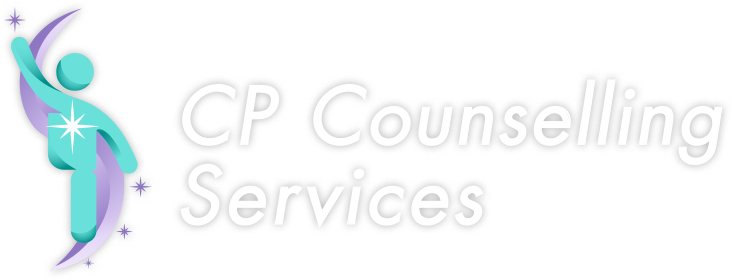Ann Marie here and welcome to my next vlog!
You’ve likely noticed the quality of these videos has decreased and that’s because we’re in lockdown and I have no access to my son and his digital camera and lighting so it’s just myself and my laptop for now.
Regardless, let’s get to our topic.
Therapy is a space where you can express yourself to a professional whose role is to help you come to terms with, and sometimes change how you see yourself and the world around you. Therapy can be as profound as changes linked to your identity or as a simpler way to assist your personal adaptations to life’s challenges.
Sometimes, if you have a benefit package through employment, they will only cover a particular set of credentials. For example, some only cover social workers or others only cover psychologists. It makes good sense to check with your company before you begin your search so that you are covered financially. If you are paying out of pocket, however, this is not an issue.
It also makes sense to try to find someone who has specific expertise in the particular issues for which you’re seeking help. This could be relationship issues, depression, anxiety, or something else entirely. It can be very helpful to connect with someone who will understand your lived experience. For example, if you suffer from chronic pain you might want to find a therapist who also lives this experience or if you are gender-fluid, you might wish to speak to someone who identifies as same. In this way, your therapist will understand aspects of your life on a more authentic level than someone who does not share this with you.
Therapy as a change agent cannot be taken lightly or seen as a quick fix; it is not. Depending on the issues it can take a solid commitment and a lot of work on your part. Making choices and changes about how you want to be and how you wish to live your life can be the route to thriving. Rather than a quick fix, therapy can be seen as your own personal journey where you work towards a life with meaning and purpose. You can see your therapist as the guide along the path, but it is still you that has to take the steps on that path. There is no short-cut.
The rise in integrative therapy (which means the use of different therapeutic skills and tools) has been shown by research that broadly speaking, the outcomes of client progress are similar. What remains the key to the best outcome for you is the relationship between you and your therapist. A successful therapeutic relationship is based on the ability of both to understand, trust, and communicate openly with one another. In other words, you want to feel as if your therapist is a good “fit” for you.
The focus of therapy has a large range from self-awareness and catharsis to behavioural change and personal growth so consider what you want, and how your therapist is trained. You might be tempted to choose your therapist due to location and cost. With this ever-changing pandemic world we live in, location is not so much of an issue as most therapists have moved to online platforms. It will suit you better to choose a therapist who works in a way that is a good fit for you and your preferences. Typically, good therapists are open, flexible to your needs, and actively involved in their own personal training and growth.
Your initial session may be emotionally raw because it might be the first time you’ve spoken out loud what your concerns and pains are. Also, first sessions can feel a little formal as your therapist will be asking you many questions to begin to build your history. Try to begin with an open mind and give yourself time and space to adjust to how you are feeling afterward. Realize your therapist is not there to try to fix your problems for you, but rather to help you on your own journey to find your own ways to live that are helpful and meaningful to you.
Do reflect on your first impressions as they may guide you into deciding whether you want to spend time with this person or not. If it doesn’t feel right, you can always let them know your misgivings and explore this as a learning experience. If it still doesn’t feel like a good fit, you can always let them know you will not be returning. Try not to let preconceptions be your guide, but rather the authentic experience you’ve just had.
Asking yourself some questions about the experience might be a great help for you. Did the therapist respect me? Did they respond to my needs? Is there a good energy or chemistry between us so that I feel I can be honest with them? Do I trust this person? Do reflect wisely and honestly with yourself. This is your life and you want an authentic connection and trusted communication.
See you next time 😊

